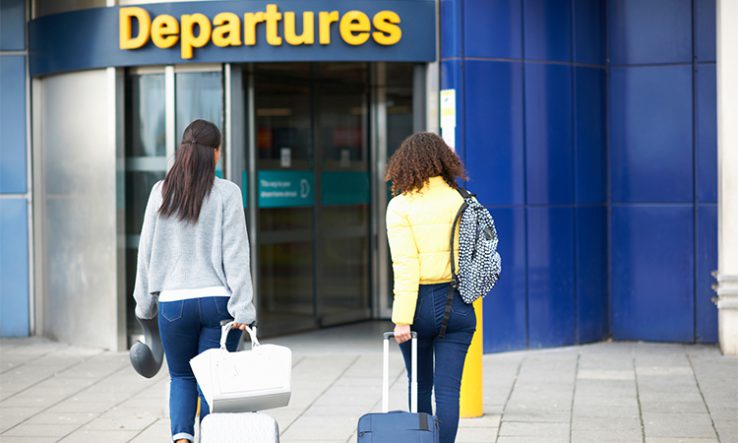
MEPs say financial barriers still big obstacle to participation, so tailored funding solutions needed
The European Parliament has called for better inclusion of people from disadvantaged backgrounds, or with educational or disability needs, in the EU’s Erasmus+ programme for funding academic mobility.
In a resolution adopted on 23 June, the Parliament said the amount of money distributed through mobility grants is “in some cases still insufficient and may lead to students who cannot afford to move being excluded”.
MEPs called for funds assigned to inclusion measures in Erasmus+ to be increased in 2023 and for the broader application of pre-financing, top-up grants, upfront payments and lump sums that would help cover living costs.
The Parliament also called for less bureaucracy and for the process of participating in the scheme to be made easier to understand, saying that the administrative burdens in particular affect those with educational or disability needs.
MEPs suggested introducing hybrid mobility for people with disabilities and that the European Commission should improve its guidelines on how to reach learners with health problems and cultural differences, as well as people facing economic, geographical and social obstacles.
They called for more investment in language training for Erasmus+ applicants and targeted information campaigns.
MEPs also want Erasmus+ to be more flexible in crises, such as the current war in Ukraine, and asked for Ukrainian students to receive more assistance. They added that there should be more support for Ukraine’s higher education institutions.
A report with proposals to improve inclusion in Erasmus+ was written by MEP Laurence Farreng and adopted by 471 votes to 55, with 66 abstentions.
In a debate before the vote, Farreng said: “Erasmus too often is considered a European success, but it benefits only a few people. We have to change that. Each and every young person has to be able to say, ‘Erasmus is for me.’”